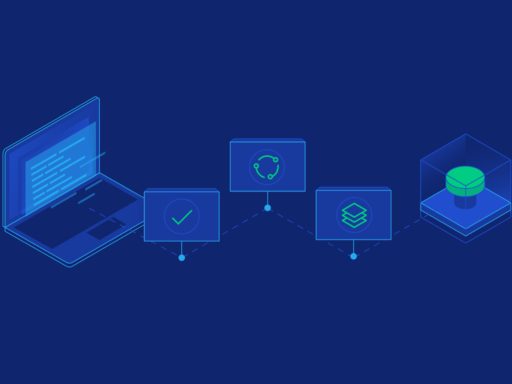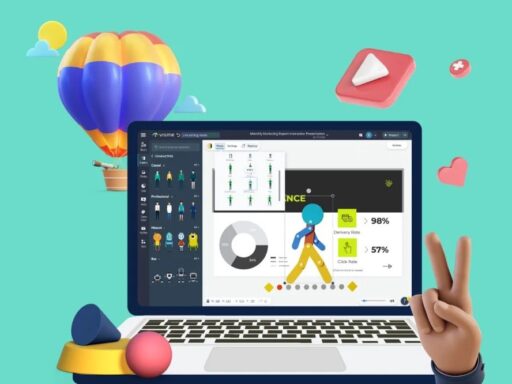Remote work has become a significant trend in the tech industry, offering developers flexibility and the ability to work from anywhere. However, staying productive and maintaining effective communication can be challenging. This blog post will cover essential tools, practical tips, and strategies to help developers thrive in a remote work environment.
1. Essential Tools for Remote Work
Communication and Collaboration
- Slack: For real-time messaging, file sharing, and team collaboration.
- Zoom: For video conferencing, webinars, and virtual meetings.
- Microsoft Teams: Combining chat, video meetings, and file storage.
Project Management
- Trello: Visual project management with boards, lists, and cards.
- Asana: Task management, project tracking, and team collaboration.
- Jira: Agile project management for software development teams.
Version Control
- GitHub: Hosting and managing code repositories, with collaboration features.
- GitLab: Similar to GitHub, with integrated CI/CD pipelines.
- Bitbucket: Git solution with built-in CI/CD and Jira integration.
Code Collaboration
- Visual Studio Code Live Share: Real-time collaborative coding within VS Code.
- CodePen: Online code editor and community for front-end development.
- Repl.it: Collaborative online coding platform supporting multiple languages.
Cloud Development Environments
- AWS Cloud9: Cloud-based IDE for coding, debugging, and running applications.
- Gitpod: Instant development environments for GitHub projects.
- Repl.it: Browser-based coding environment with collaborative features.
2. Tips for Maintaining Productivity
Establish a Routine
- Consistent Schedule: Set regular working hours and stick to them to create a sense of normalcy.
- Dedicated Workspace: Create a comfortable and distraction-free workspace.
- Daily Standups: Use daily meetings to align on priorities and track progress.
Effective Communication
- Over-Communicate: Regularly update your team on your progress and any blockers.
- Use Video Calls: For important discussions to enhance understanding and collaboration.
- Clear Documentation: Document decisions, processes, and code to ensure clarity.
Task Management
- Set Clear Goals: Break down tasks into smaller, manageable chunks with clear deadlines.
- Prioritize: Focus on high-impact tasks that align with your team’s goals.
- Use Time Blocking: Allocate specific times for focused work, meetings, and breaks.
Stay Connected
- Virtual Coffee Breaks: Schedule informal chats to build team camaraderie.
- Team Activities: Engage in virtual team-building exercises and games.
- Feedback Loops: Regularly seek and provide feedback to stay aligned with team expectations.
3. Strategies for Work-Life Balance
Define Boundaries
- Work Hours: Clearly define when you are working and when you are off.
- Physical Boundaries: If possible, use a separate room for your workspace.
- Notifications: Turn off work-related notifications after work hours.
Take Care of Your Well-being
- Regular Breaks: Take short breaks throughout the day to recharge.
- Physical Activity: Incorporate exercise into your daily routine.
- Mental Health: Practice mindfulness, meditation, or other stress-relief activities.
Professional Development
- Continuous Learning: Dedicate time to learn new skills and technologies.
- Online Courses: Utilize platforms like Coursera, Udemy, or Pluralsight.
- Webinars and Conferences: Attend virtual events to stay updated with industry trends.
Conclusion
Remote work for developers offers numerous benefits, but it requires discipline, the right tools, and effective strategies to maintain productivity. By establishing a routine, leveraging the right tools, and prioritizing communication and well-being, developers can excel in a remote work environment. Remember, the key to successful remote work is finding a balance that works for you and your team.





